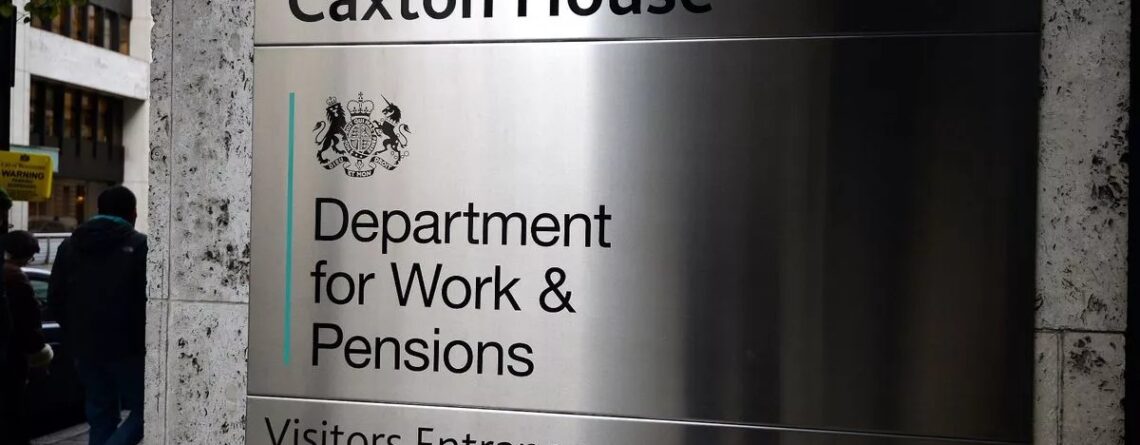UK. DWP Fraud Crackdown: Bank Data Access and Travel Monitoring Spark Debate
Wide-ranging new powers, including access to bank data and collaboration with outside organisations like airlines, are expected to be granted to the Department for Work and Pensions (DWP) in order to combat benefit fraud. Critics caution that these tactics could result in widespread surveillance and the degradation of civil freedoms, despite the government’s insistence that they target fraudsters.
The Public Authorities (Fraud, Error and Recovery) measure is a new measure that aims to modernise the DWP’s information-gathering capabilities so that it can monitor the travel and financial history of benefit claimants. Opposition MPs and rights activists have harshly criticised the proposal, arguing that it could be abused against weaker people.
Government aims to tackle billions lost to fraud
The proposed legislation is designed to address what the government describes as a major financial burden on the welfare system. According to Work and Pensions Secretary Liz Kendall, the bill will help recover money directly from fraudsters’ bank accounts, prevent incorrect payments, and improve oversight of those claiming benefits from abroad.
The government estimates that benefit fraud costs the public purse £7.4 billion annually, with overall fraud across public services reaching £55 billion per year. Ms Kendall has argued that current DWP fraud detection capabilities are outdated, as they rely on a limited list of third-party information sources. The bill would allow the DWP to collect data from financial institutions and airlines, helping to determine whether individuals are fraudulently claiming benefits while residing overseas.
Under the new system, banks would issue alerts to the DWP if benefit claimants hold excessive savings beyond the eligibility threshold or receive payments inconsistent with their benefit claims. Ms Kendall has sought to reassure the public that the DWP will not have direct access to bank accounts or personal transactions, and that all decisions regarding benefits will be made by human officials rather than automated processes. The bill also introduces independent oversight mechanisms, requiring regular reports to be presented to Parliament.
Critics warn of overreach and mass surveillance risks
Despite the government’s assurances, the bill has faced resistance from opposition MPs and civil rights groups. Some have labelled it a “snoopers’ charter”, arguing that the proposed powers blur the lines between fraud prevention and mass surveillance.
Independent MP Zarah Sultana has described the measures as “Orwellian”, warning that they allow the DWP to seize funds without due process, suspend driving licences, and search personal devices. Labour MP Paula Barker has raised concerns about the potential for “Horizon-style injustices” if decisions become overly automated.
Critics contend that although combating fraud is important, the law does not offer sufficient protections for individuals who have been mistakenly reported. John McDonnell, the former shadow chancellor, has warned that this might create a risky precedent that would result in additional government monitoring increases.
By a vote of 343 to 87, the bill passed its second reading in Parliament in spite of these criticisms. The argument about civil liberties and privacy is unlikely to go away, despite the government’s insistence that it is focusing on organised crime and false allegations.
Read more @econostrum











